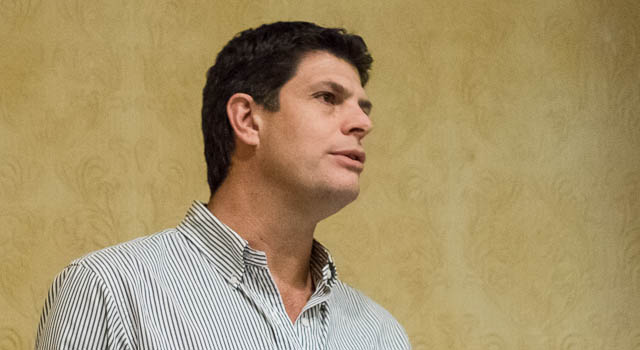
Imagine being able to direct people to your home, your office, your current location or anywhere else on the planet with a single word rather than a lengthy address or set of GPS coordinates.
A three-year-old South African company called Waytag is doing just that.
Perhaps the easiest way to think of a “waytag” is as a hashtag for locations. And, much like a hashtag, it’s a single word preceded by a unique signifier, in this case an exclamation mark (a “bang”).
It’s something Waytag’s founders hope will become the default indicator of location online.
Waytags allow people or businesses to create a unique location identifier, which can refer either to a fixed location or to an individual’s current location.
Started by Warren Venter and Peter McFall, Waytag is based in Stellenbosch in the Western Cape but has global ambitions. South Africa and Nigeria are the first markets it’s focusing on.
The company also has the backing of entrepreneur Stafford Masie and Johannesburg software company MIP.
Venter says the exclamation mark makes waytags easy for third parties to work with the system. The company offers an application programming interface so that developers can integrate waytags into their products.
One of its partners is BlackBerry, and it has developed an app for the new BlackBerry 10 operating system. It also has apps for Android and iPhone, along with a mobile website.
Waytag makes its money by charging businesses US$10/year for their own name on the system. They can then create as many waytags linked to that name as they want, making it easy to create a tag for each store or office location, for example.
Users can create waytags directly from their phone and can share them using the app, or using social media, e-mail and SMS. It’s possible to create locations without being at them, too, which Venter says is useful in instances where, for example, someone wants to create and distribute a waytag for a meeting later in the day.
Users can set privacy controls for each waytag and can limit visibility to approved users. It’s also possible to add traditional address and contact information along with keywords to a waytag.
Waytag executive Stephen van der Heijden says the service will eventually be integrated with the supplied mapping applications on mobile operating systems so that users will be able to tap a waytag and their device will immediately begin navigating to it.
Through a partnership with TomTom, Waytag has information on more than 22m businesses and points of interest. Van der Heijden says there are 15 500 South African business waytags and 6 000 personal ones.
Retailers that have begun using the platform include Massmart, Clicks and Woolworths.
“We want to become the standard for location,” Van der Heijden says. — (c) 2013 NewsCentral Media




